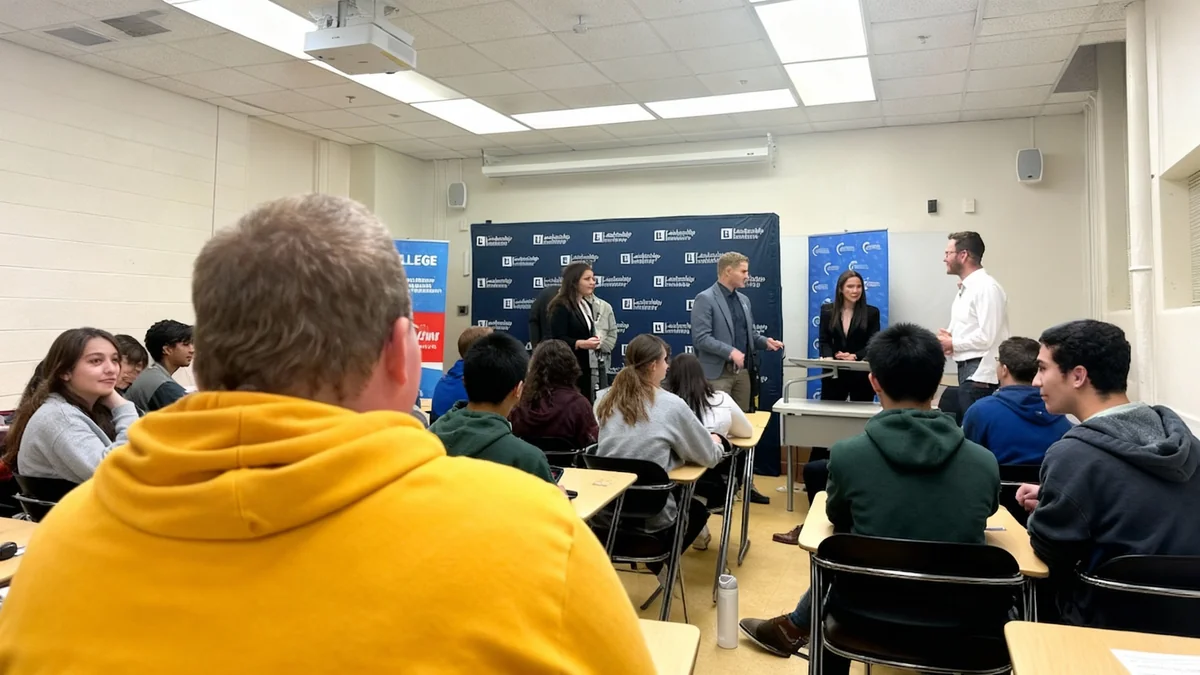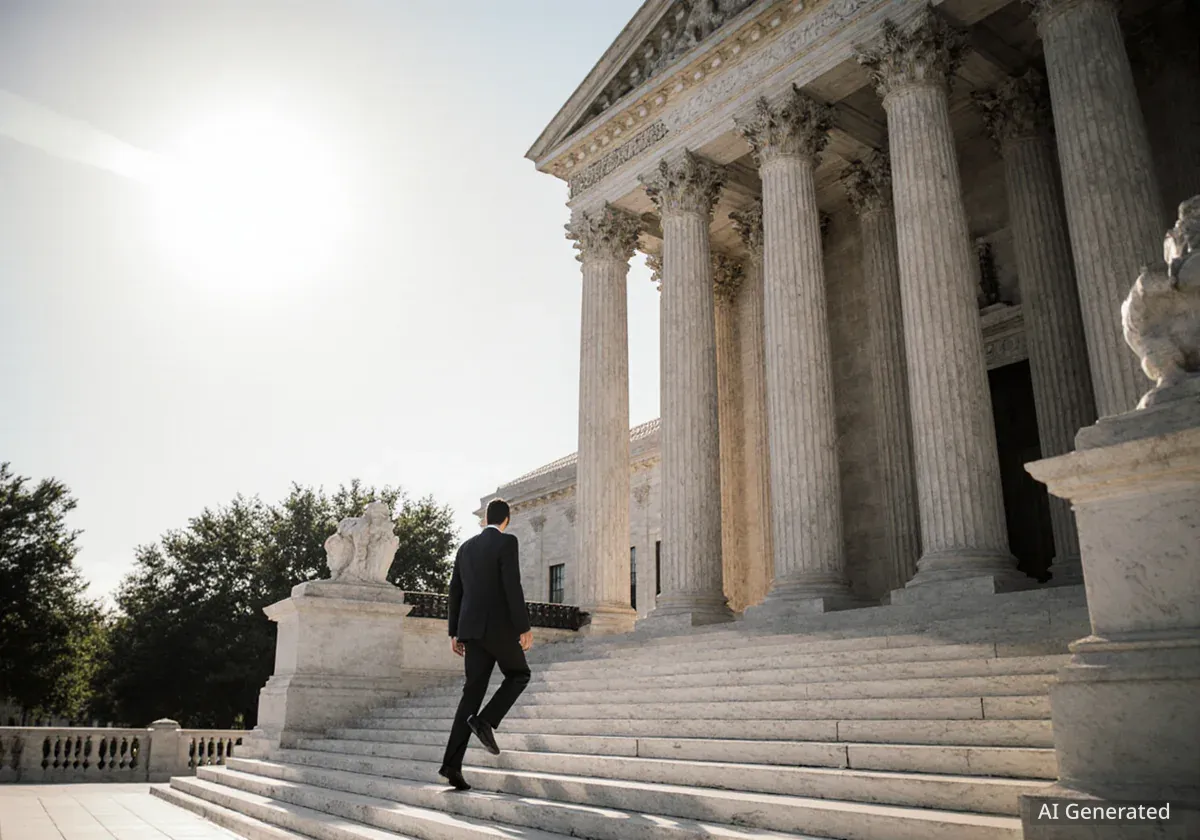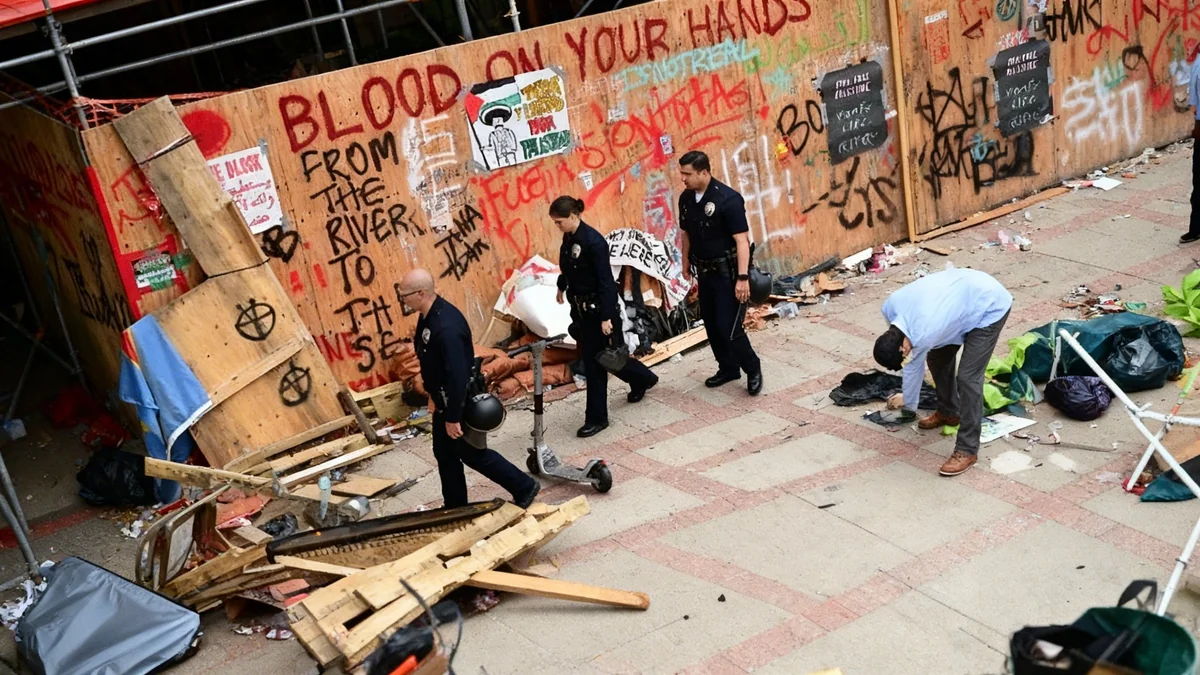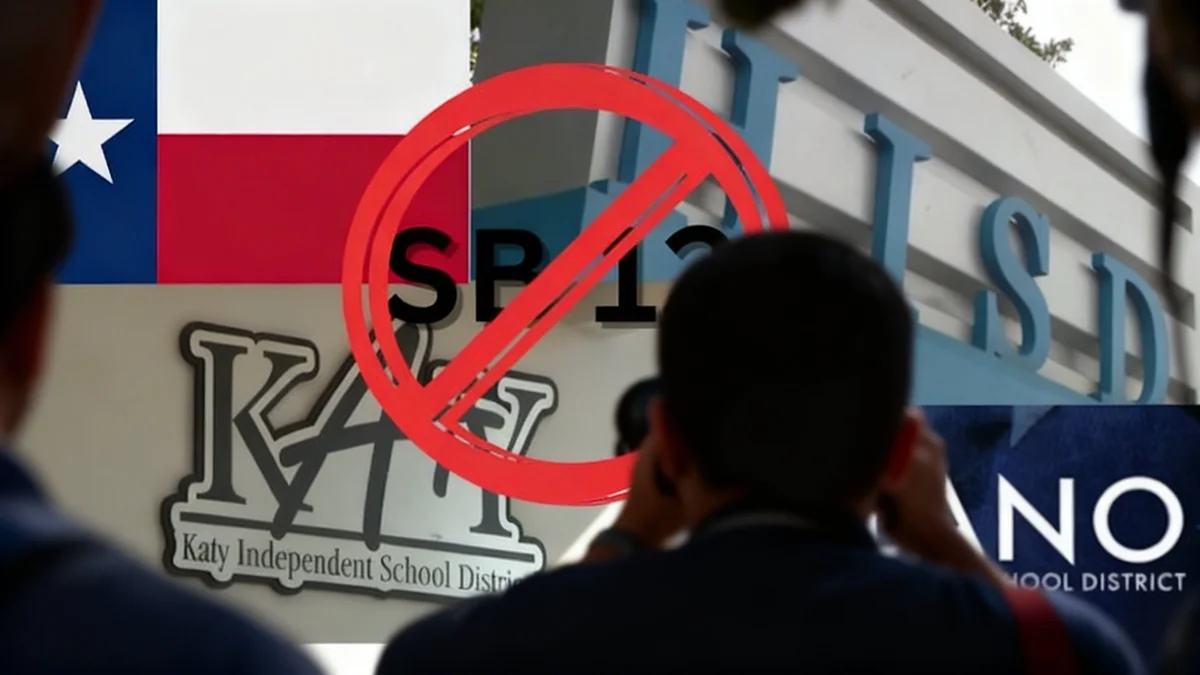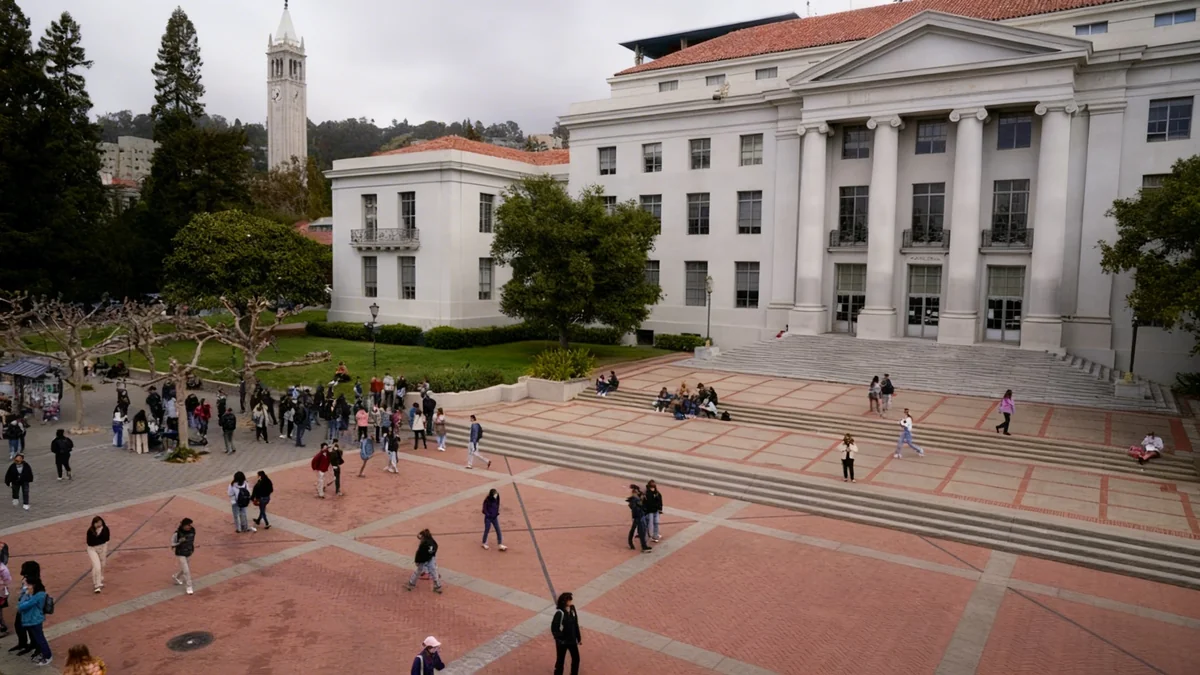The University of Maryland, College Park is at the center of a First Amendment debate after charging its student chapter of Turning Point USA a security fee for an on-campus event. The incident has drawn national attention from free-speech advocates, who argue the university's policy unfairly burdens groups based on their political viewpoints.
The controversy emerged when the conservative student group was billed $148.52 for security services at a speaking event held on Wednesday. This fee was for an event titled “Fighting like Charlie,” the first hosted by the chapter since the recent assassination of Turning Point USA co-founder Charlie Kirk on a university campus in Utah.
Key Takeaways
- The University of Maryland charged its Turning Point USA chapter a $148.52 security fee for a speaking event.
- The student group and the Foundation for Individual Rights and Expression (FIRE) claim this fee violates the First Amendment.
- FIRE cites a 1992 Supreme Court ruling that prevents charging security fees based on the potential for hostile reactions to speech.
- The university maintains the fee was for bag-checking services and is applied consistently to similar events, regardless of viewpoint.
- The Leadership Institute, a conservative activist organization, has offered to cover the disputed fee for the student group.
A Contentious Fee for Campus Security
The University of Maryland's Turning Point USA (TPUSA) chapter organized an event featuring Cabot Phillips, a senior editor at the conservative news outlet The Daily Wire. In the lead-up to the event, university administrators informed the student organizers they would need to pay for security provided by Contemporary Services Corporation, an outside contractor frequently used by the campus.
The total fee levied on the student group was $148.52. According to the university, this specific charge was for the personnel who conducted bag checks and used metal detectors on attendees entering the classroom where the talk was held. The university stated that it covered the majority of the security costs for the event, with the student group only responsible for the bag-screening portion.
On the evening of the event, approximately eight security officers and university staff members were present. The security measures were visible, with two officers at the entrance searching bags and scanning attendees with a handheld metal detector.
University Defends Its Policy
In response to the growing criticism, the university has defended its actions as standard procedure. Rebecca Aloisi, the senior director of communications at UMD, stated that the security fee was not determined by the content of the speech or the views of the speaker.
"The university imposes the same related security fees on other event hosts holding similar types of guest speaker events, regardless of the content or viewpoint," Aloisi said in a statement. She emphasized that the students were only asked to cover the cost of the bag-checking personnel, a common requirement for certain types of events.
Security Fees on College Campuses
It is not uncommon for universities to require student organizations to contribute to security costs for events, especially those involving outside speakers or expecting large crowds. Institutions like Frostburg State University and the University of Maryland, Baltimore County, have similar policies where student groups may be required to pay for security when the university deems it necessary for safety.
First Amendment Concerns Raised by FIRE
The incident quickly attracted the attention of the Foundation for Individual Rights and Expression (FIRE), a nonpartisan organization that advocates for free speech on college campuses. Last Friday, FIRE sent a formal letter to UMD President Darryll Pines, asserting that the security fee imposed on the TPUSA chapter was an unconstitutional violation of their First Amendment rights.
The organization's argument centers on a landmark 1992 Supreme Court case, Forsyth County v. Nationalist Movement. In that decision, the court ruled that government entities, including public universities, cannot impose security fees based on subjective assessments of how much hostility or disruption speech might generate.
"With the precedent UMD has set here, any student or community member could announce plans to disrupt a group’s campus event, and encourage others to do so, in the hope that UMD would respond by financially burdening the group to the point that it can no longer afford to exercise its right to free speech," wrote Charlotte Arneson, program counsel for FIRE, in the letter to President Pines.
Arneson argued that by charging the fee, the university created a "dangerous blueprint" for what is often called a "heckler's veto," where the threat of disruption by opponents can be used to silence or financially penalize speakers.
Allegations of Inconsistent Application
A key part of the argument made by FIRE and the TPUSA chapter is the claim that the university applies its security fee policy inconsistently. The letter from FIRE points to a recent event hosted by the campus group Students Supporting Israel.
For an October 7 vigil, that group was allegedly provided with extensive security services from the same contractor, Contemporary Services Corporation, at no cost. These services reportedly included security personnel, high-level weapons detection, bag searches, and even a drone. FIRE contends that this disparity suggests the fee charged to TPUSA was, in fact, based on the viewpoint of the speakers.
Outside Support for TPUSA
On Tuesday, the TPUSA chapter announced that The Leadership Institute, a nonprofit organization that trains conservative activists, had offered to pay the $148.52 security fee on their behalf. This removes the immediate financial burden but does not resolve the underlying constitutional questions raised by the incident.
Heightened Security Awareness on Campuses
This dispute at the University of Maryland occurs during a period of heightened sensitivity regarding security at campus events. The recent death of Charlie Kirk has made administrators across the country more aware of potential risks associated with political speakers.
Konrad Motyka, treasurer of the Northeast College and University Security Association, noted that security issues are being taken more seriously at all higher education institutions. However, he stressed the importance of neutrality in these decisions.
According to Motyka, universities should remain "agnostic and apolitical" when assessing security needs for campus speakers. The challenge for administrators is to balance legitimate safety concerns with the foundational commitment to protecting free expression for all students and groups, regardless of their message.
The incident at the University of Maryland highlights this delicate balance. As student groups continue to invite speakers from across the political spectrum, the policies governing security fees and event management will likely remain a critical area of focus for universities and free-speech advocates alike.
